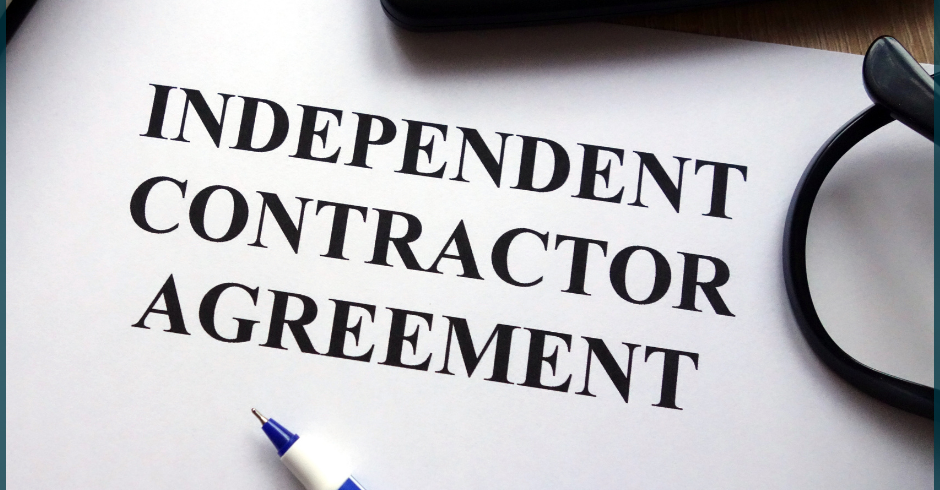By now, we are all aware that the Department of Labor’s Wage and Hour Division has proposed to increase the salary threshold for individuals to be exempt from overtime pay. We know, through the publishing of the proposed regulations, that the government seeks to increase the salary threshold from $23,660 annually to $50,440 annually. We also know that the final regulations should be issued in the next thirty days. What we do not know is whether the final regulations will adopt the proposed annual salary of $50,440. We also do not know whether there will be any changes to the duties test. With this uncertainty, how can businesses best plan for these significant changes?
Once the final regulations are published, we believe there will be some period of time, maybe as much as four months, before the final regulations are in effect. But, since four months is not as significant as it should be, we advise employers to begin tracking the hours worked for individuals they consider exempt (not eligible for overtime pay) who are paid above the current $23,660, but below the proposed $50,440. In doing so, employers should be in a better position to determine whether to make a salary change or move the employee to hourly and pay overtime should the employee work more than forty hours in a workweek.
For additional information on this or any related topic, please contact Indiana labor and employment law attorney Jake Fulcher at (812) 423-3183 or jfulcher@KDDK.com, or contact any member of the KDDK Labor & Employment Law Practice Team.
About the Author

Jake Fulcher, an Indiana labor and employment law attorney, is a partner at Kahn, Dees, Donovan & Kahn, LLP, in Evansville, Indiana. Jake represents a broad base of employers, including both private and public employers located in the U.S. and abroad, in all aspects of labor and employment law. Jake devotes much of his practice to daily client counseling, developing best practices, and providing management and supervisor training on a variety of labor and employment-related issues. He also reviews and drafts employment contracts, consulting agreements, handbooks, non-compete/trade-secret agreements and severance packages.






